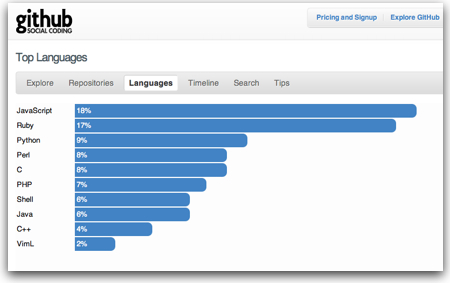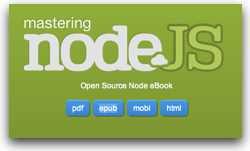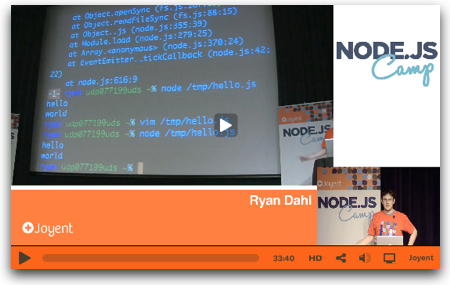Back on Sunday, there was a fascinating exchange on blog sites about the tight linkage between Node.js and Google’s V8 JavaScript Engine. It started with Bruno Fernandez-Ruiz of Yahoo with his post:
NodeJS: To V8 or not to V8
where he expressed his concern about the tight coupling between Node.js and V8 and whether or not this was appropriate given that, in Bruno’s eyes, Google’s plans around V8 were/are not clear, both in terms of server-side usage and of project governance.
Jason Hoffan, the chief scientist and founder of Joyent (the folks behind Node.js), came back with a well-written piece answering Bruno’s questions point-by-point (and raising some of his own):
On Bruno’s Concern About the Current Coupling of node.js and V8
which naturally brought about a response from Bruno:
Answering Jason on V8 governance and impact to NodeJS
and also triggered some commentary from Peter Greiss at Facebook:
NodeJS and V8
For someone such as myself who is relatively new to the Node.js community, the exchange makes for interesting reading, in large part because I’ve been so focused on looking at what I can do with Node.js that I quite honestly haven’t given a great amount of thought to what is underneath the hood of Node.js. In this case, really, the engine that powers Node.js.
Having spent 20+ years now in the UNIX and later Linux and open source space, I do understand the concerns that Bruno Fernandez-Ruiz raises around governance and the reliance of Node.js on a specific JavaScript engine. He’s right to hope that appropriate abstraction layers will be in place so that the V8 engine could be swapped out for another JavaScript engine should the need ever arise. That’s good practice in general. It all comes down to control and assuring that a project is not so reliant on another (that is out of the first project’s control).
Having said that, though, I’m incredibly impressed by the energy and dedication of the “Node.js community”. There is a passion there that I’ve not seen in years… and it’s wonderful to see. Somehow, regardless of abstraction layers, I have a feeling that if there ever were to be a problem with V8, it would be very rapidly solved. Node.js is evolving fast… VERY fast!
Anyway… the exchange is worth a read… kudos to all involved for taking the time to have a reasoned (and civil) debate.
P.S. The social media side of me was delighted to see an exchange like this taking place on blogs … it’s exactly the right medium for long-form debates like this.
Image credit: rxmflickr on Flickr


 As I continue
As I continue 




